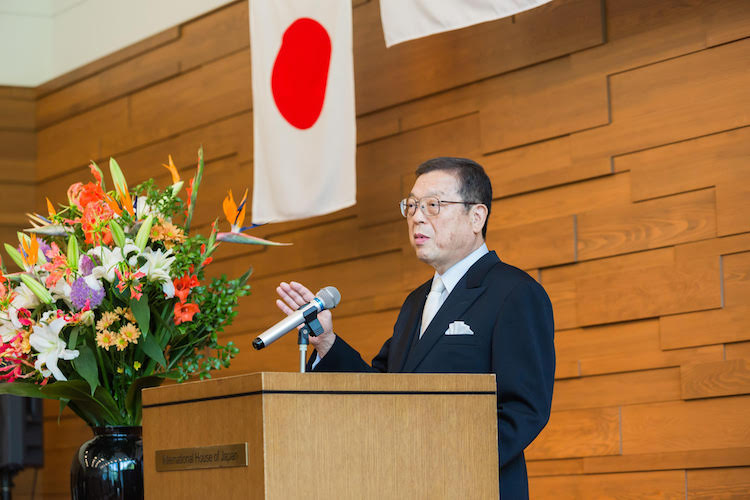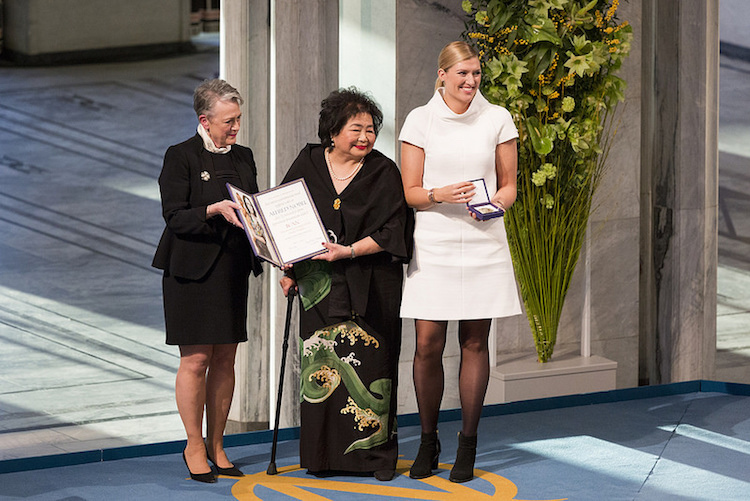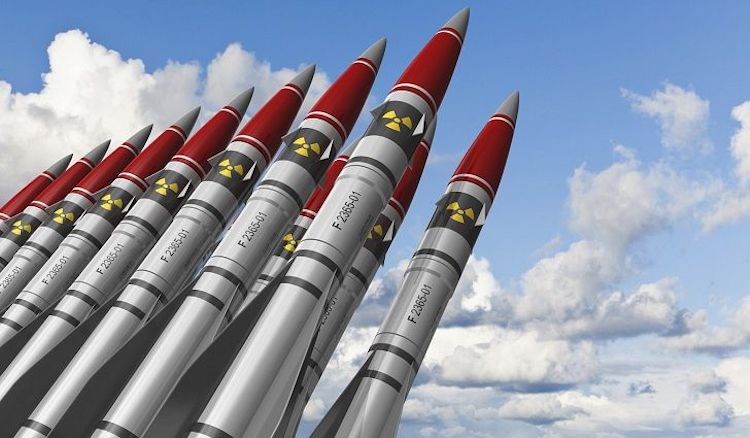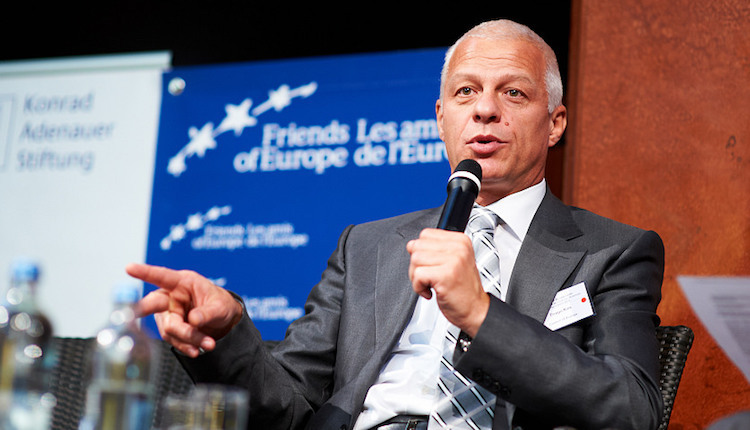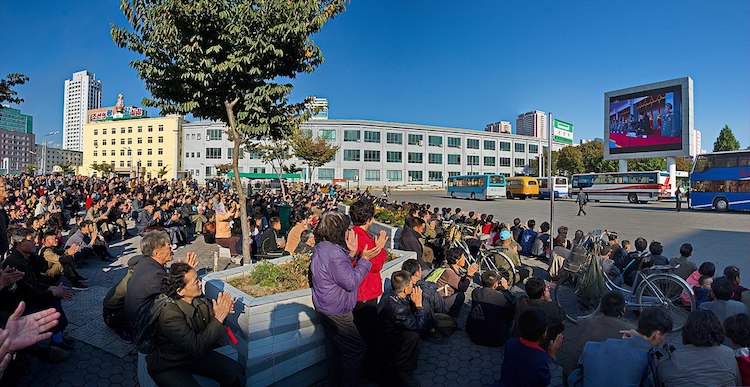Viewpoint by Fumiyasu Akegawa Fumiyasu Akegawa is founder and president of DEVNET Japan. TOKYO (IDN) – Since DEVNET Japan participated in August 2015 in Expo 2015 hosted by the Italian city of Milan, the organization set up in March 2013 to promote Sustainable Development Goals (SDGs) particularly in Southeast Asia has made considerable strides. It […]
It’s Getting Better Except in Trump’s America
Viewpoint by Jonathan Power* LUND, Sweden (IDN-INPS) – Every so often reports emerge that attempt to measure which are the best countries to live in. The Nordic countries plus New Zealand, Holland and Switzerland, usually come out top. Sweden is number one just for the sheer stability of life and security. Denmark is seen as […]
In Just Ten Years ICAN Makes It To Nobel Peace Prize
By Alice Slater* NEW YORK (IDN-INPS) – In Oslo on December 10, the Nobel Peace Prize was awarded to the International Campaign to Abolish Nuclear Weapons (ICAN) and was accepted on behalf of the Campaign by its executive director, Beatrice Fihn, and by Setsuko Thurlow, an ICAN campaigner and survivor of the 1945 Hiroshima bombing. […]
Focus on Prevention As Conflicts Become More Intractable
By António Guterres, UN Secretary-General Following are extensive excerpts from UN Secretary-General António Guterres’ remarks at open debate of the Security Council on ‘Addressing complex contemporary challenges to international peace and security‘ on December 20, 2017 during Japan’s presidency of the Council for the month. – The Editor UNITED NATIONS (IDN-INPS) – I would like […]
The Doomsday Machine by a Damascene Convert
Viewpoint by Jonathan Power* LUND, Sweden (IDN-INPS) – The nuclear weapon missile business is contradictory, full of missteps, highly dangerous and prepared in its madness (Mutually Assured Destruction, aka MAD, they used to call it in Cold War days) to plunge the world into a nuclear war that will reduce most of the world to […]
Trump’s Damning Move Raises the Stakes Over Jerusalem
Viewpoint by Jonathan Power* LUND, Sweden (IDN-INPS) – Poets as diverse as William Blake and Yehuda Amichai have sung the praises of the heavenly Jerusalem, a land without strife or rancour, war or bitterness, envy, acquisitiveness or hatred. Until last week and President Donald Trump’s decision to recognize Jerusalem as Israel’s de facto capital, Israel, Fatah, […]
Miles To Go Before Corruption Is Rooted Out
Viewpoint by Drago Kos Drago Kos chairs the OECD Working Group on Bribery. The following is his statement on the occasion of the 20th anniversary of the OECD Anti-Bribery Convention. Working with over 100 countries, the OECD is a global policy forum that intends promotes policies to improve the economic and social well-being of people […]
No More Bluster, A Way Out of North Korean Nuclear Crisis
Viewpoint by Jonathan Power* LUND, Sweden (IDN-INPS) – When, soon after the election, President Barack Obama invited Donald Trump to the White House we didn’t learn much about their conversation. But we were briefed on one thing: Obama had told Trump that North Korea would be the most pressing and difficult issue on his agenda. […]
Reducing the Risk of Nuclear Miscalculation
By Daryl G. Kimball Daryl G. Kimball is Executive Director of the Arms Control Association. This article first appeared with the caption ‘Step Back From the Nuclear Brink’. WASHINGTON, D.C. (IDN-INPS) – Over the past year, cavalier and reckless statements from President Donald Trump about nuclear weapons and his threat to unleash “fire and fury” […]
China and UNIDO Have Engaged in Substantial Cooperation
By WANG Shouwen WANG Shouwen is China’s Vice-Minister of Commerce. Following are extensive excerpts from his address at the 17th session of the UNIDO General Conference ‘Partnering for Impact: Achieving the Sustainable Development Goals’ in Vienna on November 27, 2017 – after Li Yong was re-appointed for a second term (2017-2021) as the Director General […]

